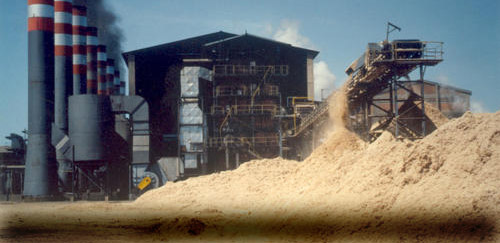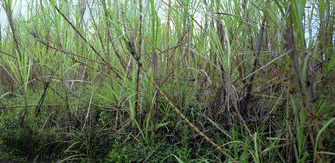WEAI/AERE 2009 - Individual Paper Abstract
Title: American Importation of Brazilian Ethanol: The potential ecological impacts and their economic costs
Author(s): Jason Barton, Faculty of Land and Food Systems, University of British Columbia; Energy Biosciences Institute, University of Illinois, 312-402-5166, 604-755-7702 (photo credit: NREL photo eXchange; Ralph Overend 06442; Warren Gretz 00313)
Abstract: An intensely debated topic on American energy security is whether or not the US should open our economy to importation of Brazilian ethanol. Biofuels have been touted as a boon to rural development and a potential partial solution to US dependence on oil from despotic regimes. They have also been decried as potentially damaging to Brazil's ecosystems as food production is displaced from Sao Paulo, Brazil's largest cane- and ethanol-producing state, to ecologically sensitive areas less efficient in agricultural production and requiring greater levels of water and chemical inputs. The impacts of water and chemical use are of particular importance as the impacts of increasing levels of anthropogenic nitrogen remain in question, as do the impacts of water use in ethanol refining. What would be the impacts of changes in chemical inputs- and water-use in Sao Paulo if Brazil were to increase sugarcane ethanol production to meet a portion of American demand, and what would be the economic costs of those changes? The research presented includes spatial econometrics and other GIS analysis of existing data, complemented with surveys and interviews in three cane- and ethanol-producing communities in Sao Paulo state.


